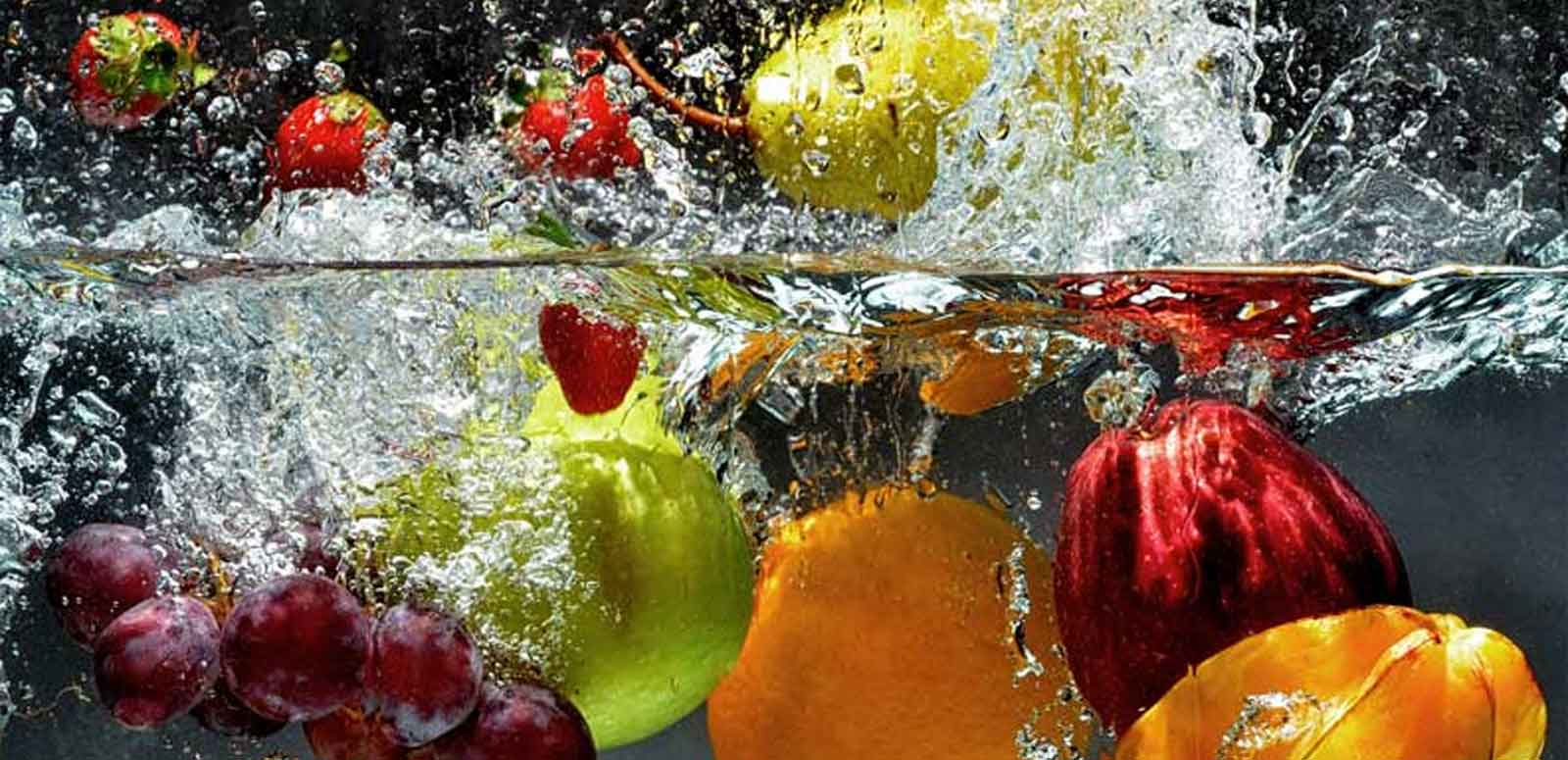Golden Rule: Always Wash Produce Before Eating Even If It’s Organic
For your health and the health of your family, be committed. Always wash produce before eating. Whether just picked them from the garden or if the produce is marked as organic, wash thoroughly before consuming to remove the bacterial matter that may have deposited during handling and transportation.
The Basics
1. Washing produce.
Some advocate soaking produce in cold water for up to 15 minutes for produce with deep crevices like cauliflower or broccoli. Research also shows baking soda can help remove pesticides from produce. Simply mix baking soda with water to make sodium bicarbonate, at a ratio of one teaspoon of baking soda to two cups of water. Then soak produce for 15 minutes and rinse thoroughly with cold water. Washing fruits and vegetables with a vinegar rinse might leave a vinegar residue.
For fragile fruit like grapes, hold under cool running water for 30 seconds, rubbing the fruit gently. Then, put fruit in a clean bowl and fill with cool, clean water until fruit is completely covered. Soak for 5-10 minutes.
Never rinse produce with soap. It does more harm than good because soap tends to contain harmful compounds that can easily penetrate the skin of the fruits.
Dry thorough before consuming to remove any remaining pesticide residue.
Peel away outer layers of dark leafy greens and other vegetables. Pesticide compounds can enter the peel of the produce. Washing and drying does not remove it. It may sound wasteful, but it’s important particularly if you’re feeding children and seniors.
2. Identify produce with highest pesticide load. Go online to www.ewg.org (Environment Working Group). This research group is a nonprofit dedicated to health and planetary wellbeing. As well as other research around drinking water and the environment, they publish an annual ‘Dirty Dozen’ list of produce with the heaviest pesticide load and a ‘clean’ list.
3. Be aware that imported foods or processed produce, particularly from the US are often processed with GMO ingredients that have been heavily sprayed with pesticides. This goes for the frozen section of your grocery store as well.
Organic products tend to be a bit more expensive than the commercially sprayed produce. If cost is a factor, when purchasing regular produce follow washing instructions above.
4. If you grow your own produce, use organic repellents in your garden whether in the backyard or on your balcony. There are a wide array of safe, organic and soybean-based repellents on the market that are just as efficient as the synthetic ones.
